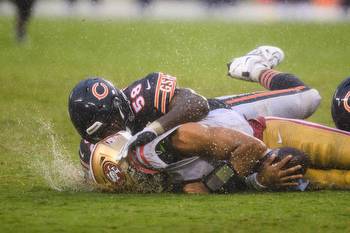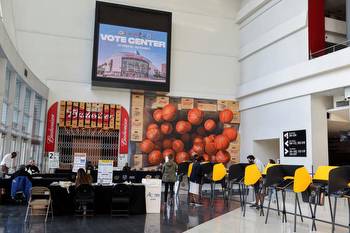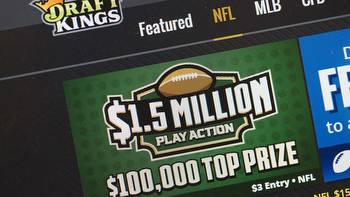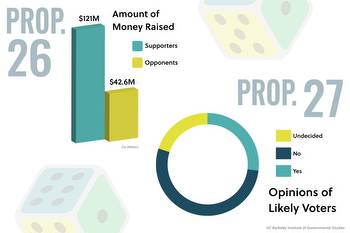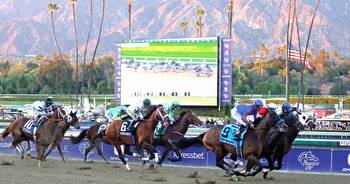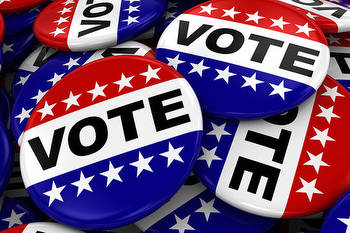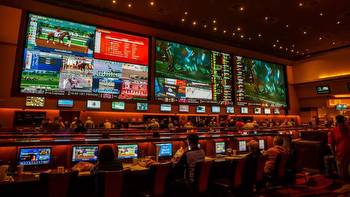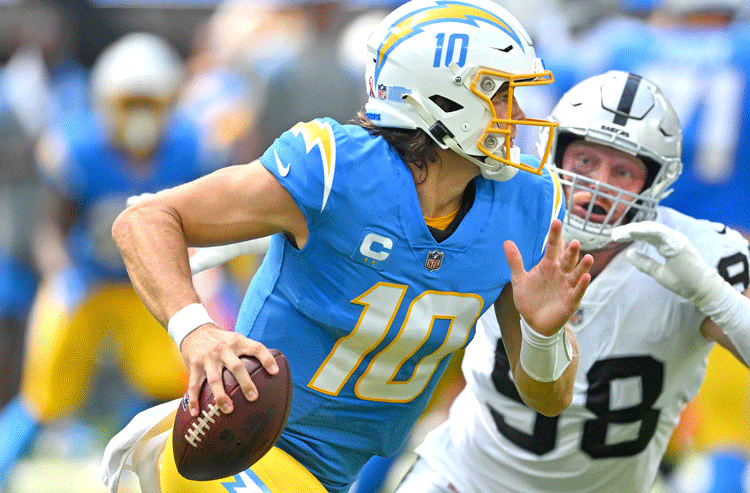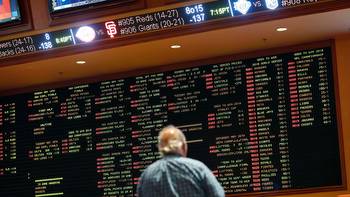Transcript: Props. 26 and 27 Offer Different Ways California Could Allow Sports Betting
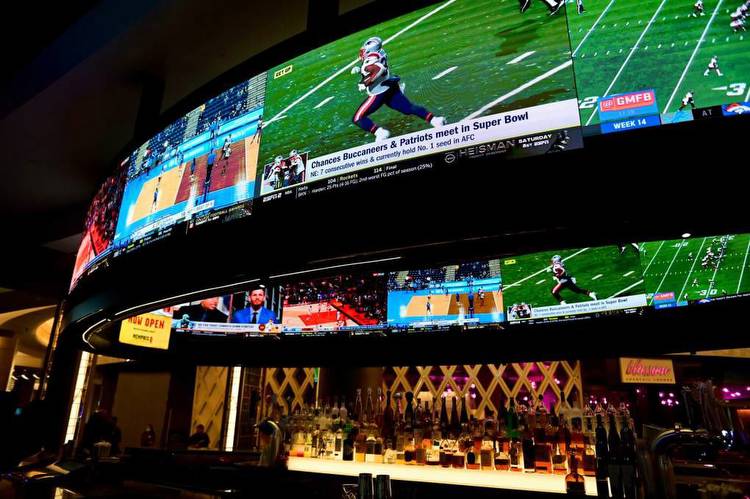
Propitions 26 and 27 will affect the way sports betting and some other forms of gambling are handled in the state of California. Sports betting is illegal in California, but there's a huge black market of it. You can't use an app legally to bet on sports.
Guy Marzorati explains the history of the development of tribal casinos in California. There are around 110 federally recognized tribes in the state, and about 60 of them operate casinos. The state government has to agree on compact agreements with the tribes. The last compact agreement was signed in 1998 and 2000. It secured the position of tribes as the top gaming operator in state. State tax rules don't apply to tribes that don’t run casinos, because they are sovereign.
Prop 26 would legalize sports betting in California, but only in tribal casinos and the four horse horseracing tracks. Prop 27 would let an individual file a lawsuit to enforce gambling laws in the state. It would also allow online sports bets. It's different from Prop 26. They are two different ways that California could allow sports gambling. The main difference is that it would be on the Internet.
Proposals 26 and 27 are on the ballot in California. They are about sports gambling. The tribes who support them would have to renegotiate their compact with the state to incorporate sports betting. They would also have a new agreement to lay out the rules of the road for sports casinos. There are 75 tribal governments in the California that have agreements with state. It is estimated that 150,000 jobs are created by tribal gaming. Hundreds of millions of dollars in taxes are generated. Tribal gaming also provides an economic uplift to the states. Jacob Mejia is vice president of public affairs for the Pechanga Tribe in Southern California and gives an overview of benefits currently brought to tribes by virtue of having casinos in that state, including revenue sharing or sharing agreements between tribes and local governments.
Prop. 26 gives the lion's share of money to California's tribes. Prop 27 is put on the ballot by gambling companies that operate nationally. It could bring billions of dollars for these companies and also for some tribes, because under Prop. 27, every gambling company that launches an app in California needs to partner with the tribe here.
Prop 27 would tax online gambling platforms 10% of their revenue and earmark most of that for homelessness. Prop 26 is backed by California tribal governments. Online betting is more popular than driving to a casino. The Legislative Analyst's Office says Prop 27 will bring in hundreds of millions of dollars for the state a year. It will also create a dedicated stream of funding to tackle homelessness, which is a problem the California is currently using one time only. The money will help build more housing, finance more houses and create mental health services. This will get people off the streets and into housing.
Local cardrooms are worried about Proposition 26. They are businesses where you can play games like poker.

